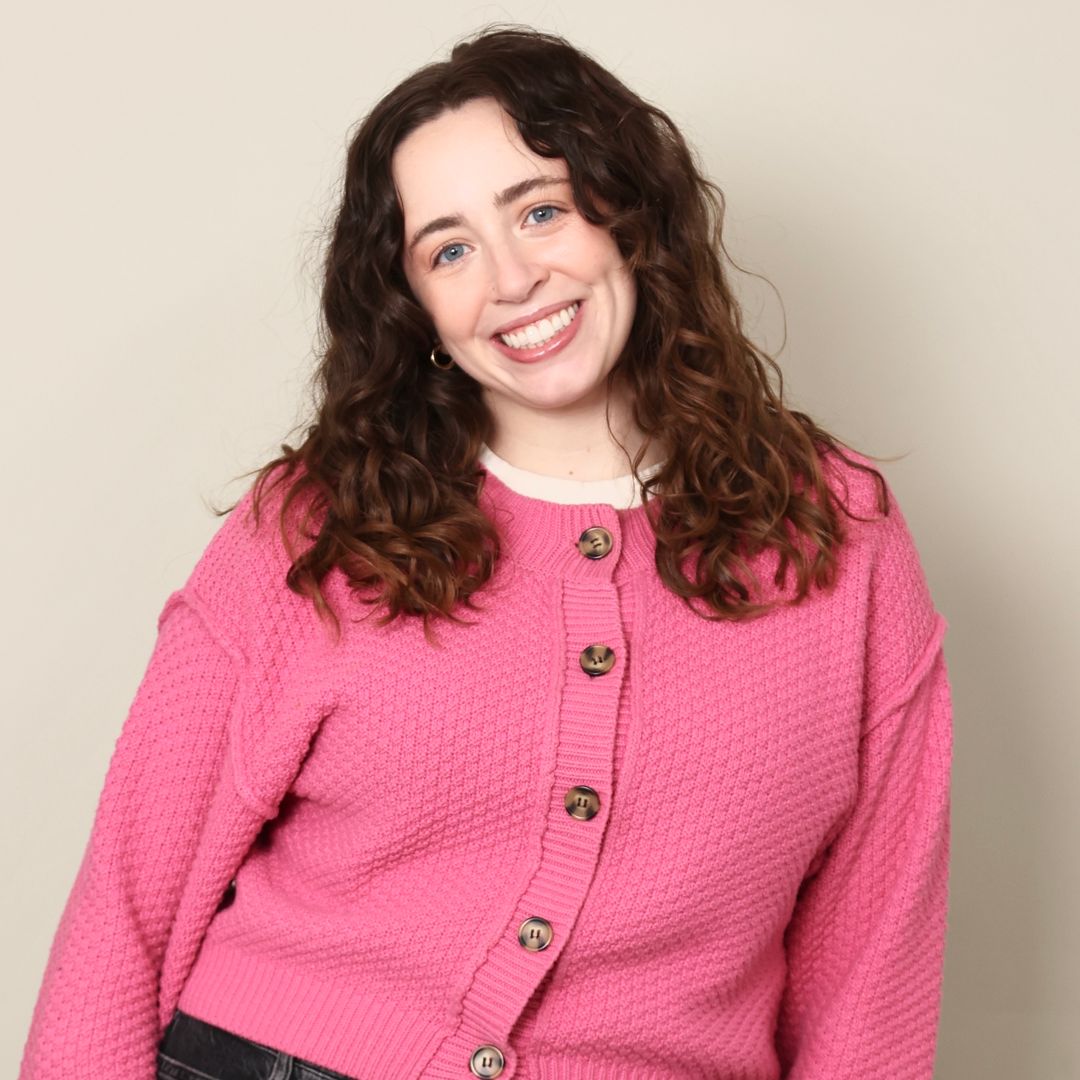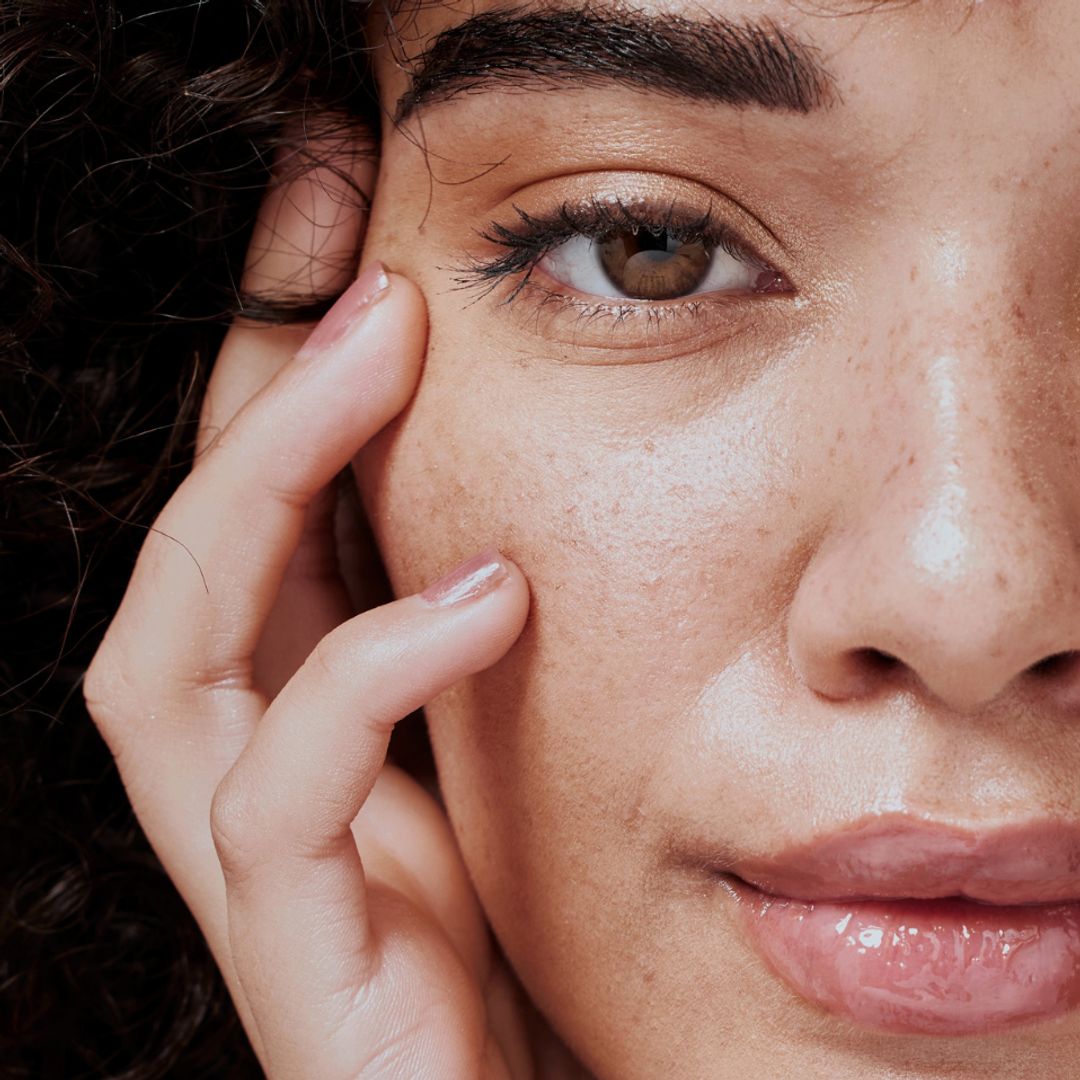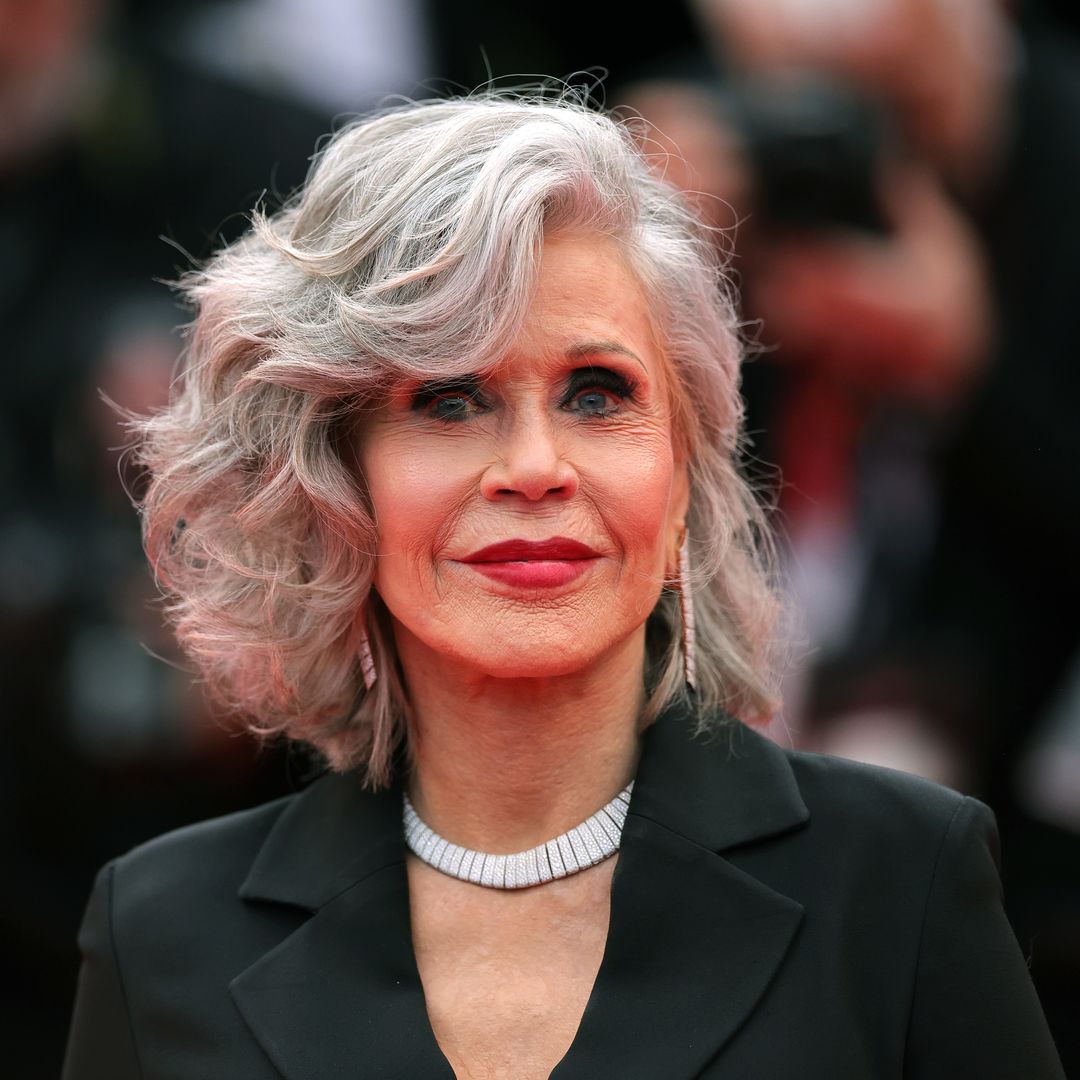"If I do not stand up for myself, I will quit," Chappell Roan told TS Madison on the Outlaws podcast. The "Pink Pony Club" singer made this candid admission while discussing the pressure of rising fame, saying she may leave the music industry entirely if she can't defend her personal boundaries.
Chappell's rise to fame is one of the quickest in music history. In a matter of months, she went from an indie artist to headlining sold out festivals across the country. This intense stardom prompted her declaration of her entering a 'villain era.'
The singer's concerns of her fans' unwanted touching, invasive behavior, and disrespect, all have taken a toll on her mental health.
"I don’t give a fuck what you say to these [other pop stars] who have been doing this since they were 10 and have been told this is okay how you’re treated," she told the podcast.
Chappell, born Kayleigh Rose Amstutz, was raised in a small town in southern Missouri. With encouragement from high school music teachers, she started to take her singing career more seriously.
Eventually, she signed on to Atlantic Records and found major success with her album The Rise and Fall of a Midwest Princess. Her aesthetic evolution – from a moody beginning to theatrical, drag influenced pop – and her embrace of queer identity sets her apart in the music industry.
Her first breakout song was "Good Luck Babe!" The pop ballad hit the top five in the U.S. Since the release of her debut album, she won Best New Artist at the 2025 Grammys, appeared at Coachella, Gov Ball, NPR's Tiny Desk, and on Saturday Night Live. Basically - Chappell's been everywhere.
During the Outlaws podcast, she opened up about what she calls her multiple "villain eras," each triggered by backlash when she set firm boundaries. On red carpets, Chappell has called out disrespectful photographers. She's shared how uncomfortable unwanted touching by fans makes her.
But, Chappell isn't one to shy away from controversial remarks. In an ever online world, fans often ignore boundaries because they feel like they're friends with their favorite artist. Chappell demands respect and consent. She simply won't comply with invasive behavior.
Without this structural shift toward respecting artists' autonomy and personal safety, she may step away from music entirely.
Chappell is an outspoken advocate. Last year, she declined a White House invitation to Pride celebrations, citing government failures on queer and trans issues. And as her profile grows, she continues to use her platform to advocate for mental health and collective safety.
While the singer is known for making big statements, it doesn't look like she's leaving music anytime soon. Her most recent single, 'The Giver' is a country-pop song highlighting lesbian relationships.
Chappell's future career hinges not only on creative evolution, but on cultivating an environment where her voice and personhood are respected. Her art thrives on authenticity, but without fundamental change, she's prepared to walk away.













